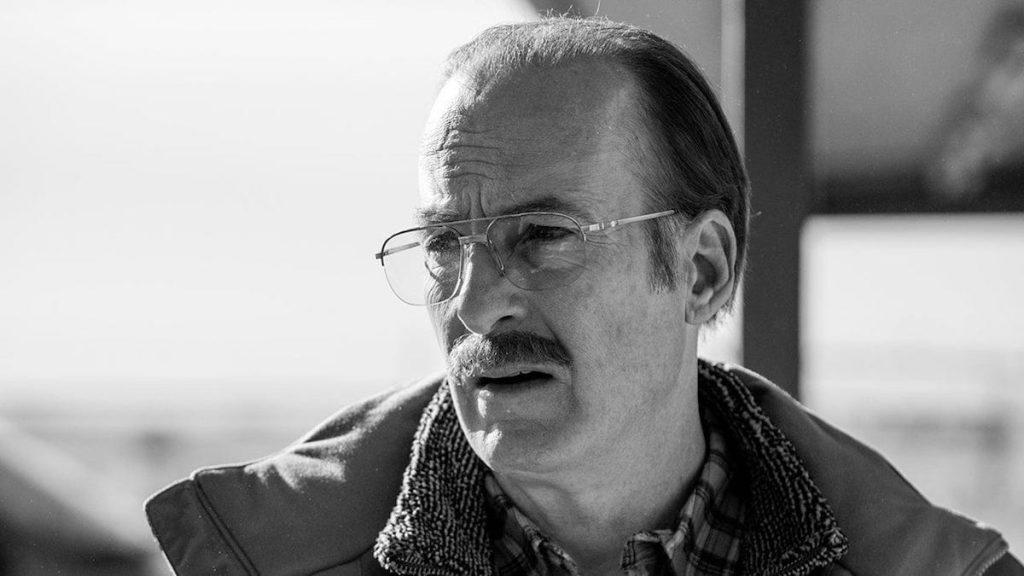The creator of Breaking Bad and co-creator of Saul, Vince Gilligan, reminisced about the nicest lunch he’d ever had while filming a scene on a recent edition of the Better Call Saul Insider Podcast. The sixth season’s second episode, “Carrot and Stick,” was directed by Gilligan, who also had a mouthwatering surf-and-turf meal in his trailer. He continued, “I can remember it like it was yesterday,” with the attitude of a man sharing a life-changing spiritual encounter. Gilligan was so affected by the dish that he put off coming back to give the cook his thanks. Every taste was a discovery and a melancholy realization that the lunch was coming to an end, he recounted.
The fact that Saul had “amazing” catering was entirely in keeping with his star-crossed leading attorneys and cartel murder personas from Better Call Saul. If not unparalleled, then unequalled in small-screen history is the degree of care and workmanship on exhibit in every word and frame of the show—the attention to detail visible in the writing, photography, and performances from the leads on down to the tiniest supporting parts. So it should come as no surprise that the food will be tasty. It was similar to enjoying that steak and swordfish to enjoy the final slivers of Saul, whose final chapter finished not just the six-season series but also—for the foreseeable future—the grand, 11-seasons-and-a-movie Albuquerque saga recounted via Breaking Bad, El Camino, and Saul.
The final seasons of celebrated TV dramas are often sources of anxiety. Not so with Saul, which was well-considered and well executed to the very end, as was Breaking Bad before it One of the greatest TV endings ever was conceived in 2013 by Gilligan and Saul co-creator Peter Gould. For their next trick, they replicated the same nine years later.
Saul’s gratifying conclusion may give the idea that the outcome was predetermined, as it did with its predecessor. Veterans of the Gilliganverse know better: It’s part of the myth that the writers of Better Call Saul and Breaking Bad stumbled along rather than following a premeditated course. Kim Wexler wasn’t intended to be a co-lead, Jesse Pinkman wasn’t planned to be a major character on Breaking Bad, and Jimmy McGill wasn’t supposed to become Saul in the fifth-to-last episode of the season.
Even while Saul occasionally dragged its feet, it never lost direction or ceased to be enjoyable. The series seems to have maintained its demanding standards throughout its run without a hint of controversy or a complaint about toxicity, production issues, or challenging working circumstances. The Saul ecosystem’s cast and crew, from well-known figures to luminaries like Carol Burnett, appeared to unanimously voice its accolades in public, at least. They could have appreciated Saul’s ability to breathe more life into its scenes and seasons, even—or perhaps especially—when the viewer was gasping for air.
